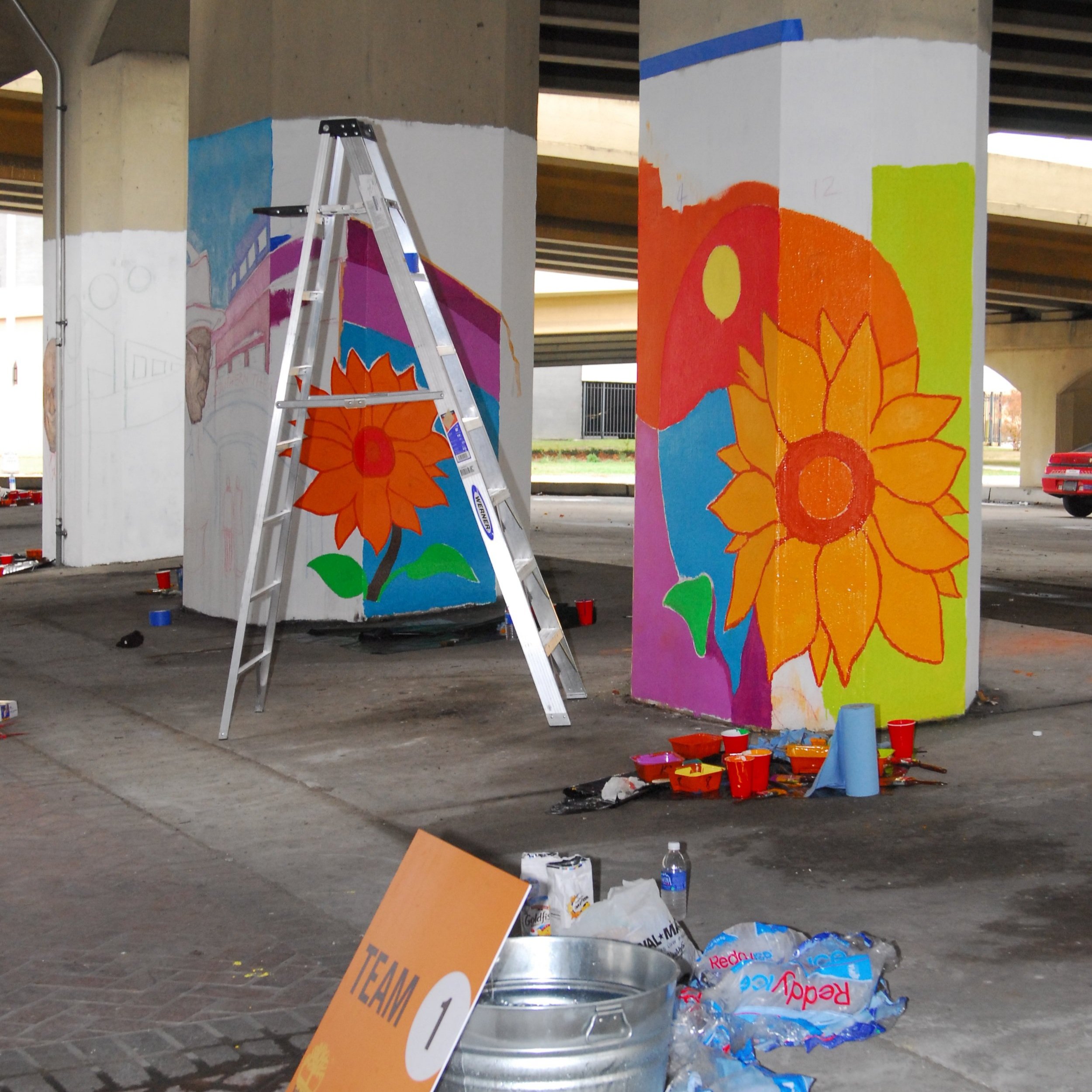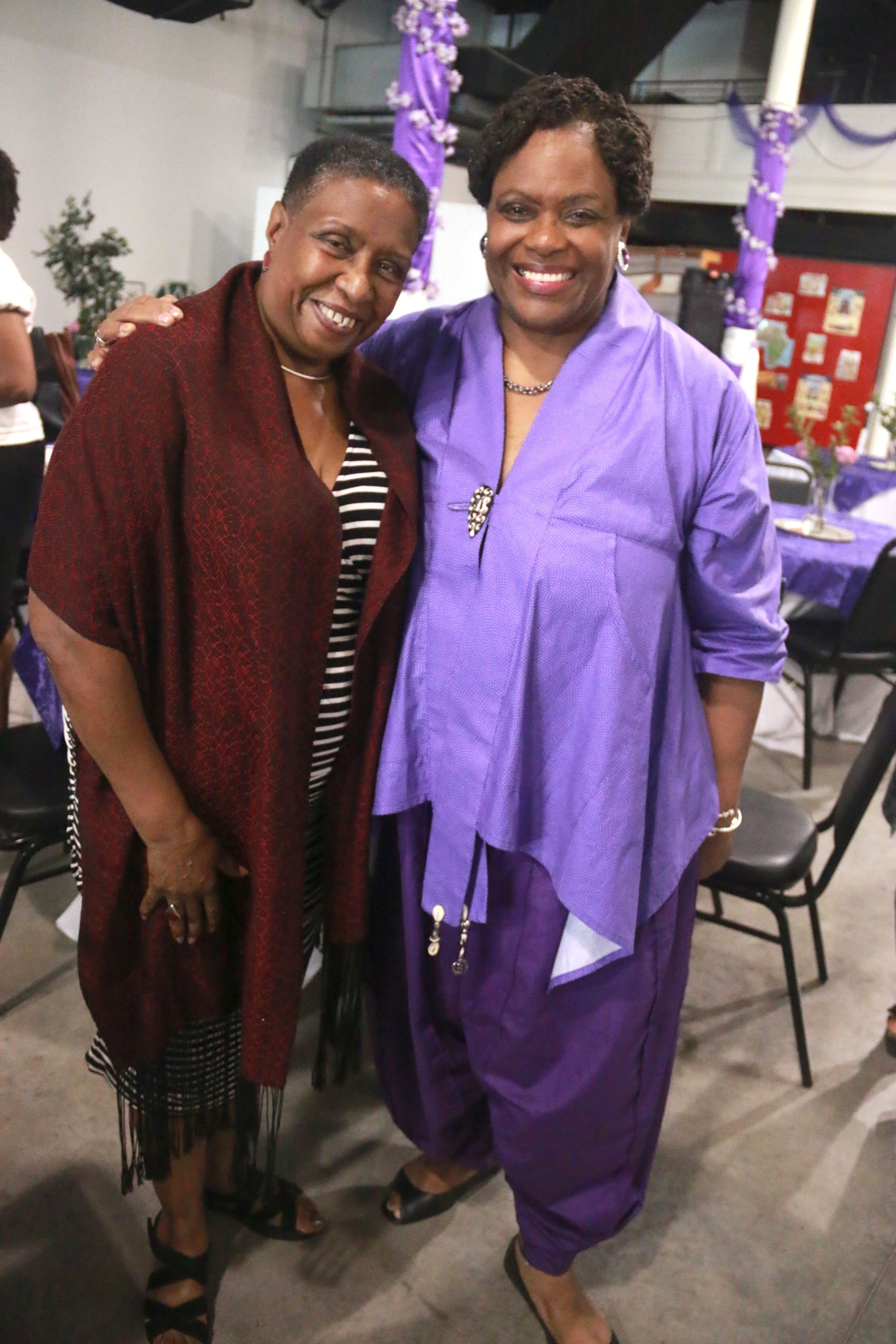A Conversation with Douglas Redd, Founding Artistic Director of Ashé Cultural Arts Center
REDEVELOPING ORETHA CASTLE HALEY BLVD
For as long as Ashé has been open, we have been deeply invested in the prosperity and revitalization of Central City, specifically Oretha Castle Haley Blvd. In this interview, Carol explores the history of community efforts to restore Central City. Central City, as Carol says, is a prophetic community for undergoing so much change and resurfacing after Katrina. It is a great model to look towards in thinking about development.
CONGO SQUARE/COMMUNITY ORGANIZING
In New Orleans, Black art, history, and activism are inextricably linked. Listen as Bamboula 2000 percussionist and founder of the Congo Square Preservation Society Luther Gray discusses African and Caribbean history that exists throughout New Orleans, and Congo Square as a birthplace of tradition. Here, Luther notes the economic distress artists and culture-bearers face, despite shaping New Orleans culture, and how we may come together to make change.
GROWING WITH ASHÉ
Ashé holds community care central to all of our efforts. Here, Briceshanay Gresham discusses her relationship with Ashé during her youth, and how Ashé and Mama Carol’s support gave her hope, and helped shape her into the woman she has become. In her own words, Ashé helped her to envision a brighter future. Briceshanay’s account sheds light on the personal impact of Ashé’s work.
OUR SIGNIFICANCE AS A BLACK-LED INSTITUTION
First and foremost, Ashé prioritizes Black arts, culture, and leadership. Listen to our Chief Equity Officer Asali DeVan Ecclesiastes address Ashé Cultural Arts Center’s importance as a Black-led organization in New Orleans, a majority African-American city. Here, Asali notes Ashé’s unique position and ability to elevate Black voices and interests that have been excluded from political and cultural conversations.
CULTURE AS BEDROCK
One of Ashé’s grounding principles is to keep culture at the center of all things we do. In this episode, Carol explores the importance of keeping culture, the other Vitamin C, at the root of all things. Culture here is a foundational launching point, not a product for consumption. It enables all different kinds of programming and activity to happen, so long as it comes from a place of culture, celebration, and education. Listen as Carol addresses the significance Kuumba and cultural education.
BRINGING ARTISTS TO THE TABLE
In this episode, Carol discusses the importance of including artists and culture bearers in major community decisions. New Orleans leadership should look to these creatives for inspiration and advice about reimagining what is possible. Carol notes that these interactions are a two-way street. Artists and culture bearers need to be invited to more meetings and also need to see themselves as necessary voices that belong at these important tables.
ENVISIONING ASHÉ’S FUTURE
PRESERVING HISTORY/ARCHIVES AS A COMMUNITY RESOURCE
In preserving our own stories, marginalized communities are able to reshape exclusionary narratives and histories. In this interview, historian and archivist Al Kennedy speaks to Ashé’s role in Hurricane Katrina recovery efforts, and the importance of retaining documentation of these historic moments. Here, Al notes Ashé’s extraordinary record of the arts in New Orleans, and how that record illuminantes Ashé’s mission.
As Ashé looks towards the future, Asali discusses our role during a moment of great cultural need. Here, Asali envisions a new, healthier way of being, as well as artists and culture-bearers roles in illuminating bold and brave pathways forward. In speaking to Ashé’s role as a cultural institution, Asali names our institution’s ability to provide a platform for the amplification of these voices so desperately needed today.
Community-Centered Healthcare
As noted by Mama Carol, culture guides the work that Ashé does for our community. Here, listen as Ashé’s Health & Wellness Coordinator and Sistahs Making a Change co-founder Mama Jamilah Peters-Muhammad addresses the necessity of cultural competency in healthcare settings. In Mama J’s own words, in order to treat someone, you must know who they really are. Through her work with Ashé, Mama Jamilah has embraced culture to address our community’s medical, physical, and emotional needs.
Community Philanthropy
Here, listen to Linetta address philanthropy as a means to effect social change. In discussing democracy, philanthropic institutions, and building community partnerships, Linetta notes Ashé’s influence on her work with the Greater New Orleans Foundation. Through her remarkable career, Linetta sets an example for those hoping to utilize philanthropy to maximize community impact, and to dismantle oppressive systems.










